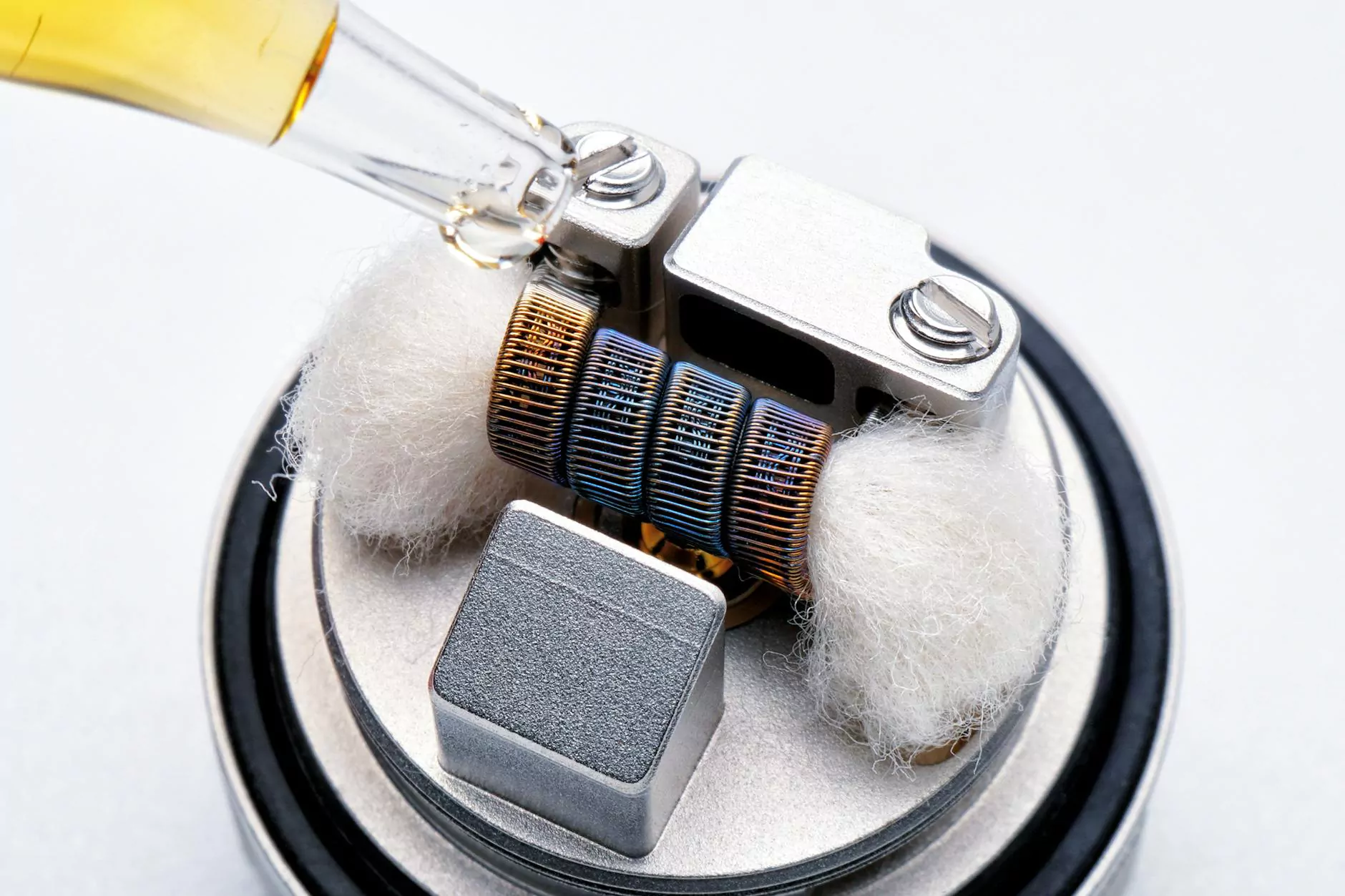Understanding Anti Inflammatory for Horses

When it comes to maintaining the health and performance of our cherished equine companions, anti-inflammatory medications play a critical role. From competitive racehorses to beloved trail horses, the need for adequate pain management and proper care is essential for their well-being. In this comprehensive guide, we will delve into the world of anti-inflammatory treatments for horses, their benefits, usage, and much more.
What Are Anti Inflammatory Medications?
Anti-inflammatory medications are pharmacological agents designed to reduce inflammation and pain in the body. In horses, these medications can target various conditions, such as arthritis, laminitis, and other musculoskeletal disorders. The goal is to enhance their quality of life and maintain optimal performance.
Types of Anti Inflammatory Medications
There are primarily two categories of anti-inflammatory medications utilized in equine healthcare:
1. Non-Steroidal Anti-Inflammatory Drugs (NSAIDs)
NSAIDs are the most commonly used class of anti-inflammatory medications for horses. They work by inhibiting the production of certain chemicals in the body that cause inflammation. Some popular NSAIDs for horses include:
- Phenylbutazone: Often referred to as "bute," this medication is effective in treating pain and inflammation associated with conditions like arthritis.
- Flunixin Meglumine: Commonly known as Banamine, this drug is highly effective for colic and musculoskeletal pain.
- Firocoxib: This is a newer NSAID option that tends to have fewer side effects and is often favored for long-term use.
2. Corticosteroids
Corticosteroids are another form of anti-inflammatory medication, typically used for more severe cases. They can provide rapid relief from acute inflammation but need to be administered with caution due to potential side effects.
- Prednisolone: Used for its potent anti-inflammatory effects, especially in cases of severe allergic reactions.
- Methylprednisolone: Employed in cases of severe laminitis or chronic pain.
Benefits of Anti Inflammatory Medications for Horses
The administration of anti-inflammatory medications in horses offers several benefits that contribute significantly to their health and performance:
1. Pain Relief
By reducing inflammation, anti-inflammatory medications alleviate pain, enabling horses to participate in daily activities without discomfort.
2. Enhanced Mobility
Inflammation can severely restrict a horse's mobility. Anti-inflammatory treatments help improve joint and muscle function, allowing for better movement.
3. Promotes Recovery
Horses undergoing surgery, injury, or intense training can greatly benefit from anti-inflammatory medications, as these assist in speeding up the recovery process.
4. Improved Quality of Life
When pain and inflammation are effectively managed, horses experience an overall improvement in their quality of life, allowing them to engage happily in activities they enjoy.
When to Use Anti Inflammatory Medications
Not every case of pain or inflammation in horses necessitates the use of anti-inflammatory medications. It is crucial to identify when their use is appropriate:
1. Post-Surgery Recovery
Following a surgical procedure, anti-inflammatory drugs can help manage pain and swelling as the horse heals.
2. Treatment of Chronic Conditions
For horses suffering from chronic issues such as arthritis or laminitis, long-term anti-inflammatory options can make a significant difference in their daily comfort.
3. Acute Injury
In cases of acute injuries, such as sprains or strains, implementing anti-inflammatory medications can help control pain and expedite recovery.
Potential Side Effects and Considerations
As with any medication, utilizing anti-inflammatory treatments for horses can present risks and potential side effects:
1. Gastrointestinal Upset
NSAIDs can lead to gastrointestinal issues, such as ulcers or colitis, particularly with long-term use.
2. Kidney Function
Some anti-inflammatory drugs can negatively affect kidney function, especially in dehydrated horses.
3. Allergic Reactions
Occasionally, horses may develop allergic reactions to certain medications, necessitating immediate veterinary attention.
Best Practices for Administering Anti Inflammatory Medications
To maximize the benefits and minimize the risks associated with anti-inflammatory medications for horses, consider the following best practices:
1. Consult Your Veterinarian
Before beginning any treatment regimen, it is imperative to consult your veterinarian to ensure proper dosage and suitability for your horse's specific condition.
2. Follow Dosage Guidelines
Strictly adhere to dosage recommendations provided by your veterinarian. Overdosing can lead to severe health complications.
3. Monitor for Side Effects
Always keep an eye on your horse for any adverse reactions following medication administration. Report any concerns to your veterinarian promptly.
4. Consider Dietary Adjustments
Enhancing your horse's diet with anti-inflammatory foods, such as omega-3 fatty acids from fish oil, can provide additional support alongside medications.
Natural Anti-Inflammatory Alternatives
In addition to conventional medications, there are natural alternatives that can aid in managing inflammation:
- Turmeric: This spice contains curcumin, known for its anti-inflammatory properties.
- Devil's Claw: A traditional herb that may help alleviate pain and inflammation in horses.
- Omega-3 Fatty Acids: Found in fish oil, they are well-known for their potential to reduce inflammation.
Conclusion
Understanding and utilizing anti-inflammatory medications for horses is a pivotal aspect of equine care that can dramatically impact their health and performance. By equipping yourself with the right knowledge, consulting with veterinary professionals, and adhering to safe practices, you can ensure your beloved horse leads a comfortable and active life free from pain and inflammation. Whether you have a competitive athlete or a cherished companion, proper management is essential for their well-being.
For more information on effective equine care products, visit racehorsemedcare.com.
anti inflammatory for horses








